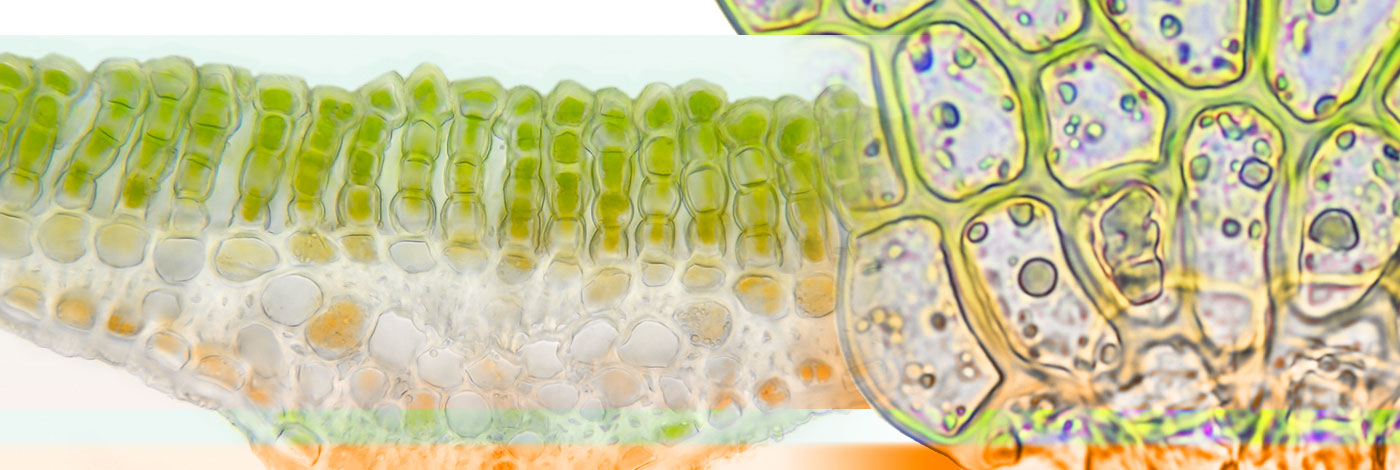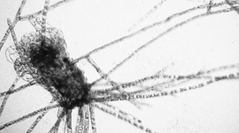

 Cryptogamie, Bryologie
30 (2) - Pages 243-257
Cryptogamie, Bryologie
30 (2) - Pages 243-257Thamniopsis incurva is a Neotropical moss whose populations are usually associated with streams in tropical rainforests. In this paper, the spore germination and longevity, as well as the protonemal growth under different irradiances and water potentials, were studied. Mature capsules from populations in Atlantic Forest of northeastern Brazil (state of Pernambuco) were sterilized and the spores distributed on Knop nutrient medium (liquid and solidified with 0.4 agar). The spores quickly lost viability over three months. The germination was observed in both light (photoperiod 12h) and continuous darkness conditions. Variations of irradiance (1.4 to 14.4 mol m-2 s-1) did not inhibit protonemal growth and appearance of buds. On the other hand, spore germination, protonemal growth and gametophyte establishment were constrained from -0.06 MPa water potential. It appears that T. incurva invests in high production of sporophytes and spores per capsule, whose ability to germinate is elevated in contrast to its longevity. Additionally, spores and protonemata are very sensitive to low water potentials, likely restricting the establishment of the species to very wet microhabitats.